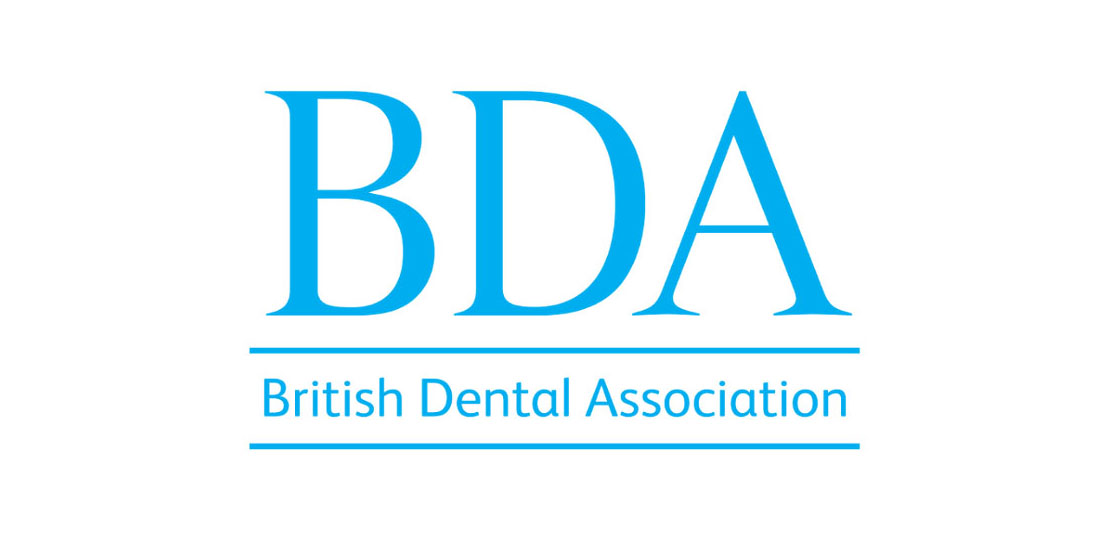Ever noticed any bleeding when brushing your teeth? You are not the only one. Gum disease is the most common cause of tooth loss in adults. And, recent scientific research links chronic gum disease to other health problems.
Although gum disease starts off as a mild condition (gingivitis), if untreated it can evolve into a deeper, more complex periodontal disease (periodontitis) leading to bone loss, infections, tooth loosening and eventually tooth loss. That’s why it’s essential that gum disease gets treated. And prevented.
Regular visits to your dentist and hygienist will ensure that any early signs of gum disease are picked up and addressed before the condition can progress further.
What is gum disease?
Gum disease is caused by the gradual build-up of plaque, a sticky film containing bacteria which gradually becomes calcified (hardened) if you don’t remove it every day. Careful daily cleaning (brushing, flossing, interdental brushing) removes most of the plaque but no amount of brushing will remove hardened deposits on your teeth. As plaque and calculus (tartar) build up so does bacteria, and more harmful types then develop. This usually leads to deeper and more complex problems (periodontitis) which need more complex treatment.
The early stage of gum disease, gingivitis, can be treated through regular hygiene appointments as well as thorough brushing and the use of interdental brushes at home. But, if left untreated, gingivitis can lead to periodontitis causing your gums to “detach” from your teeth creating pockets which can get infected. Over time, these pockets will deepen, your gums will continue to recede and the bone supporting your teeth gradually destroyed. Sometimes teeth become so loose that they have to be extracted. Symptoms of gum disease include:
- Swelling
- Redness
- Bleeding after brushing and/or when eating
- Receding gums
- Bad breath
- Bright red or purplish gums
Treatments for gum disease
Hygiene
Your dentist or hygienist will thoroughly remove plaque and tartar from the surfaces of your teeth, particularly the stubborn tartar or plaque in hard-to-reach areas. Your dentist or hygienist can reach these areas and also keep an eye on your treatment progress. You can learn more here.
Periodontal treatment
If gum disease has progressed into periodontitis, it can be treated but it can’t be cured. We offer a periodontal treatment plan plan which can help you keep on top of the condition. The good news is that you can stop it in its tracks. You can learn more here.







